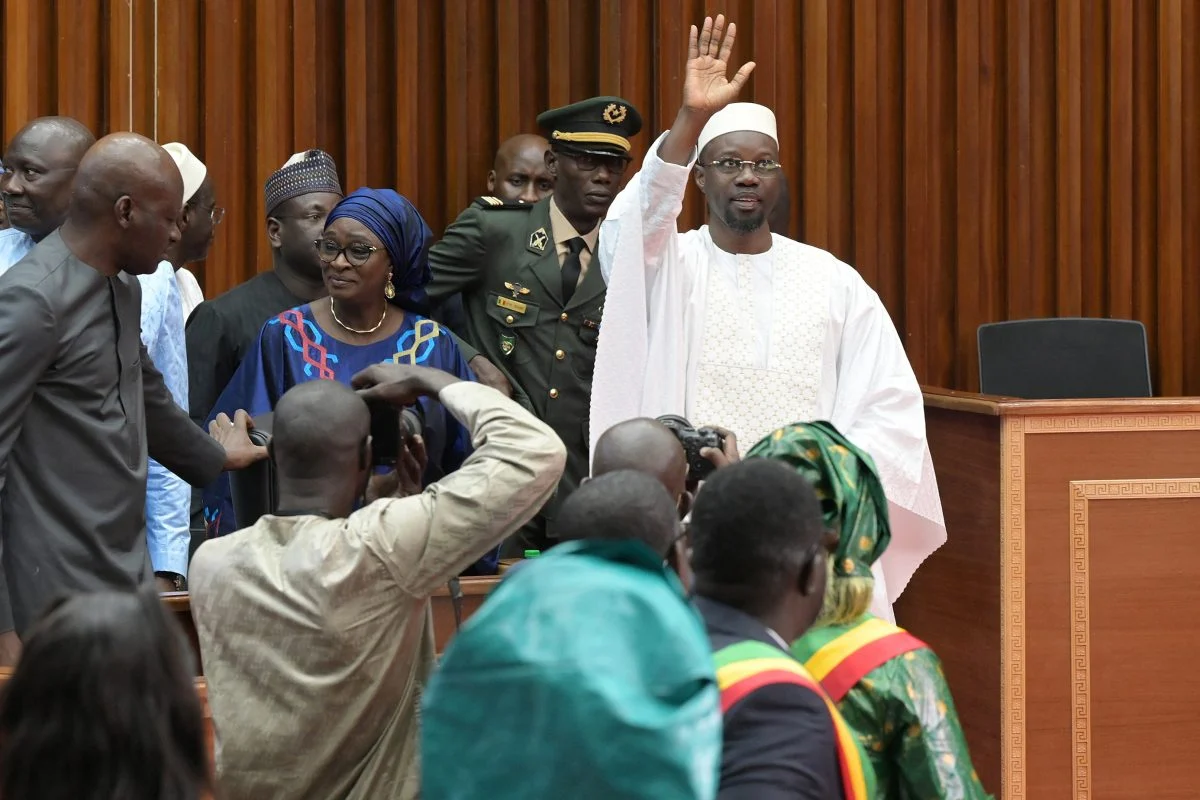
In a landmark move to stabilize its local governance system, Senegal has signed a pivotal agreement with local government unions, ending months of industrial action and paving the way for long-awaited administrative reform.
The agreement was formalized on Thursday, July 10, during a ceremony in Dakar, presided over by Moussa Bala Fofana, Minister of Local Authorities, Planning, and Territorial Development.
The memorandum of understanding between the government and the inter-union of local government employees marks the resolution of a tense standoff that had seen repeated strikes, sit-ins, and service disruptions across the country.
Local government employees had been demanding salary increases, better recognition of their professional status, and improved working conditions amid widespread job insecurity.
Their demands, long unaddressed, were met with a comprehensive response after what the government described as sustained and constructive social dialogue.
“This protocol does not mark an end, but a new beginning.
It is the founding act of strengthened cooperation between the State, local authorities, and their agents, while respecting mutual rights and commitments,” said Minister Fofana, highlighting the significance of the deal.
The agreement introduces three cornerstone measures. First, a full salary revaluation for 1,155 civil servants whose pay will now align with national civil service scales, ranging between 80,000 and 300,000 CFA francs depending on grade.
Second, a transitional allowance of 80,000 CFA francs will be granted over three years to 6,458 certified agents, supporting their gradual integration into the formal civil service.
Lastly, a special fund of 1.5 billion CFA francs has been created to aid municipalities hardest hit by the reform, governed by strict accountability and performance standards.
Minister Fofana lauded the “maturity and determination of the social partners,” emphasizing the critical roles played by the Ministries of Finance and Budget, and the Civil Service, in crafting the final terms.
This accord—widely regarded as historic—signals a shift in the relationship between the state and its decentralized administrations, reflecting the commitment of President Bassirou Diomaye Diakhar Faye and Prime Minister Ousmane Sonko to build a just and efficient public service rooted in social equity and shared responsibility.



